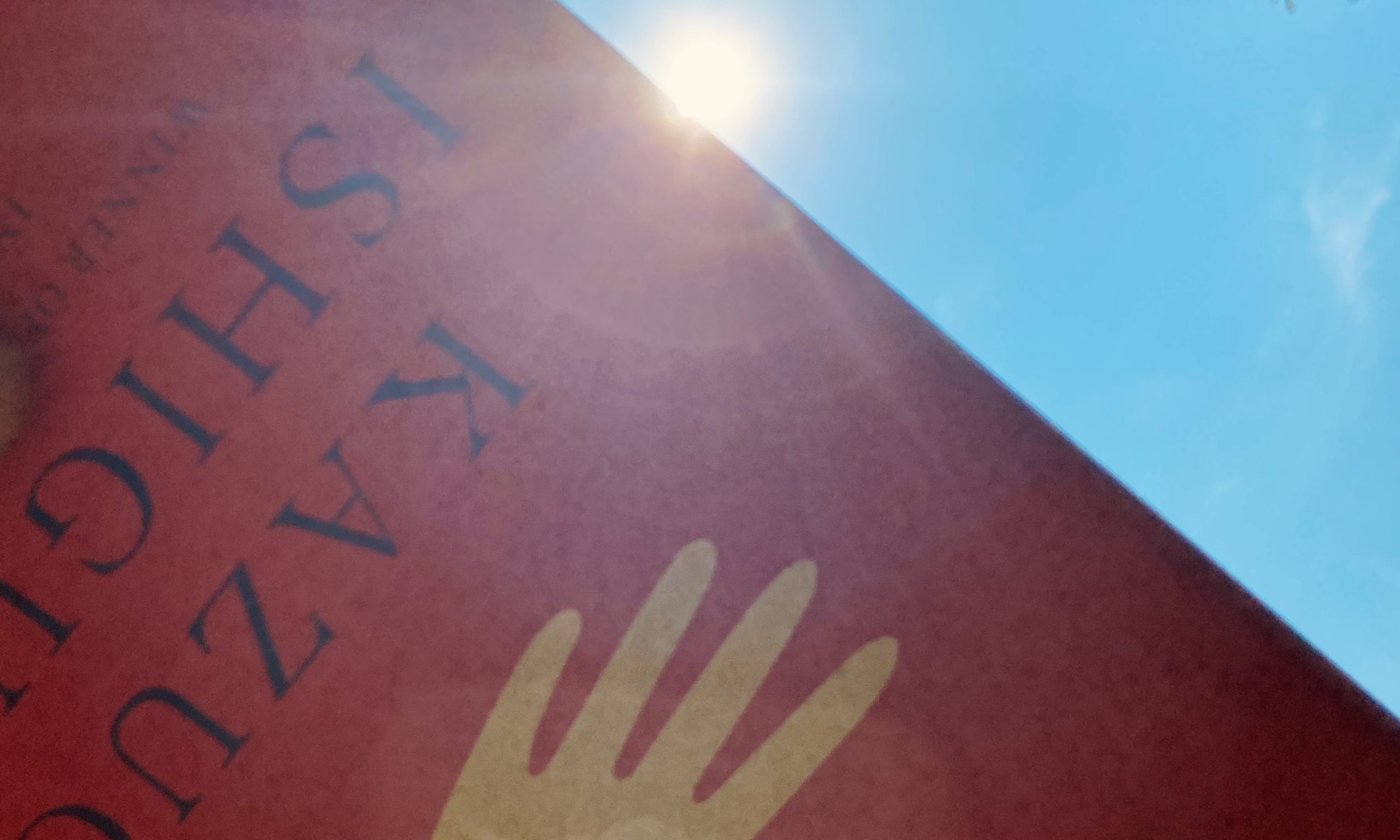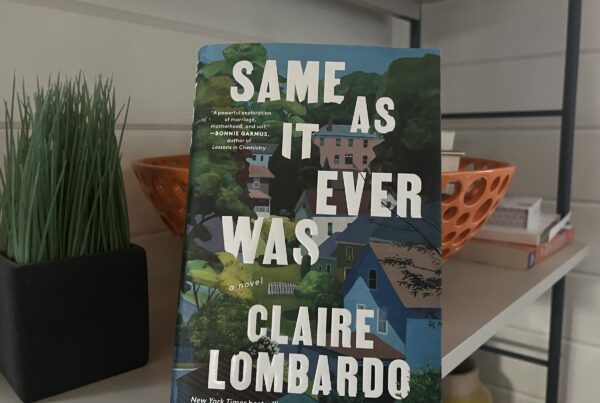Kazuo Ishiguro’s latest novel Klara and the Sun connects to two of my favorite books, Ishiguro’s own The Remains of the Day and Never Let Me Go, by revisiting themes of servitude, loneliness, and love while ultimately asking what it means to be human. All three books feature an unreliable narrator whose limited view requires us to seek clues that reveal devastating truths. In his calm, understated prose, Ishiguro wields subtle satire and a combination of lacerating observations with compassion for humanity’s flaws to create indelible portraits of sacrifice in a changing world.
I was only a few pages into Klara and the Sun when I become attached to and protective of Klara, an Artificial Friend (AF), the high-functioning, gentle robot waiting in a store window for the right child to choose her. When she goes home with Josie and “the Mother,” Klara’s keen but narrow observations situate us in a near future where children are “lifted” by dangerous genetic editing to give them superior educations and class advantages. Josie is often sick, the Mother is complex and driven; the Father has been “substituted” and lives in an armed compound, and Josie’s childhood sweetheart Rick bears the burden of a parent who chose his health over his success. Our understanding evolves past Klara’s naïveté, while her trajectory mimics humanity’s earliest reach towards faith as she petitions the God-like sun in her uninformed yet magical attempts to save Josie.
Our recognition of Klara’s consciousness discomforts us with every jarring scene of her turned to the wall like a vacuum cleaner even as she gains knowledge of her role in Josie’s life: “of course, a human heart is bound to be complex. But it must be limited…Josie’s heart may well resemble a strange house with rooms inside rooms. But if this were the best way to save Josie’s life, then I’d do my utmost…”
As secrets and disturbing plans come to light, we grapple with profound questions about what makes us human: are we merely chemical, biological constructs to be scientifically replicated, or do we possess an ineffable soul that bonds us to others? As do Stevens, the butler from The Remains of the Day whose own complicity and self-delusion destroy him and Kathy H, the “carer” clone from Never Let Me Go whose capacity to love exists alongside her absolute lack of power, Klara comes to understand that the human heart is not limited even though it often breaks.




